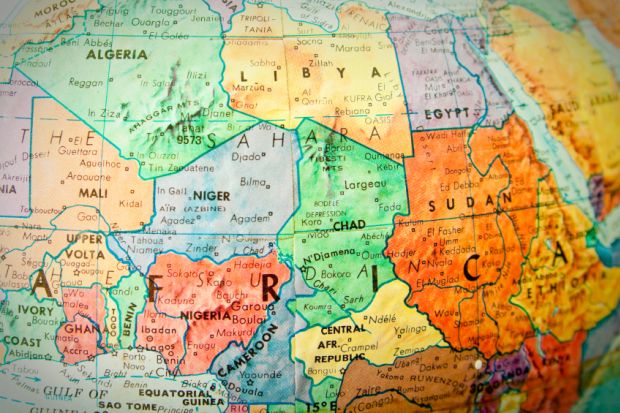The Japan International Cooperation Agency has officially cancelled its “Africa Hometown” initiative following public backlash in Japan, largely fueled by concerns over potential immigration increases from African nations.
The decision comes after the Japanese Foreign Ministry faced challenges in addressing widespread misinformation that surfaced after the Nigerian government mistakenly claimed the agreement would introduce a new visa category allowing African nationals to relocate to Japan for work.
The claim triggered significant domestic concern and ignited protests across the country.
Initially unveiled at an African development conference in Yokohama in August, the JICA “Hometown” project was designed to enhance diplomatic and cultural ties between Japan and several African nations. The initiative aimed to promote exchange and collaboration between four Japanese municipalities and four partner countries in Africa. The partnerships included: Kisarazu (Chiba Prefecture) with Nigeria, Nagai (Yamagata Prefecture) with Tanzania, Sanjo (Niigata Prefecture) with Ghana, and Imabari (Ehime Prefecture) with Mozambique.
Controversy erupted after Nigerian President Bola Tinubu’s administration publicly announced that the collaboration would create a special work visa for Nigerian citizens to move to Japan. The statement sparked a wave of online misinformation and domestic unease, leading to protests and widespread calls for the programme’s termination.
According to The Japan Times, JICA President Akihiko Tanaka confirmed the cancellation on Thursday. “Taking the situation seriously, upon consultations with stakeholders, JICA has decided to cancel the ‘Africa Hometown Initiative,’” he stated.
“We emphasise, however, that promoting international exchange, including with Africa, remains an important priority, and pledge to continue supporting such efforts despite withdrawing the Africa hometown project,” Tanaka added.

